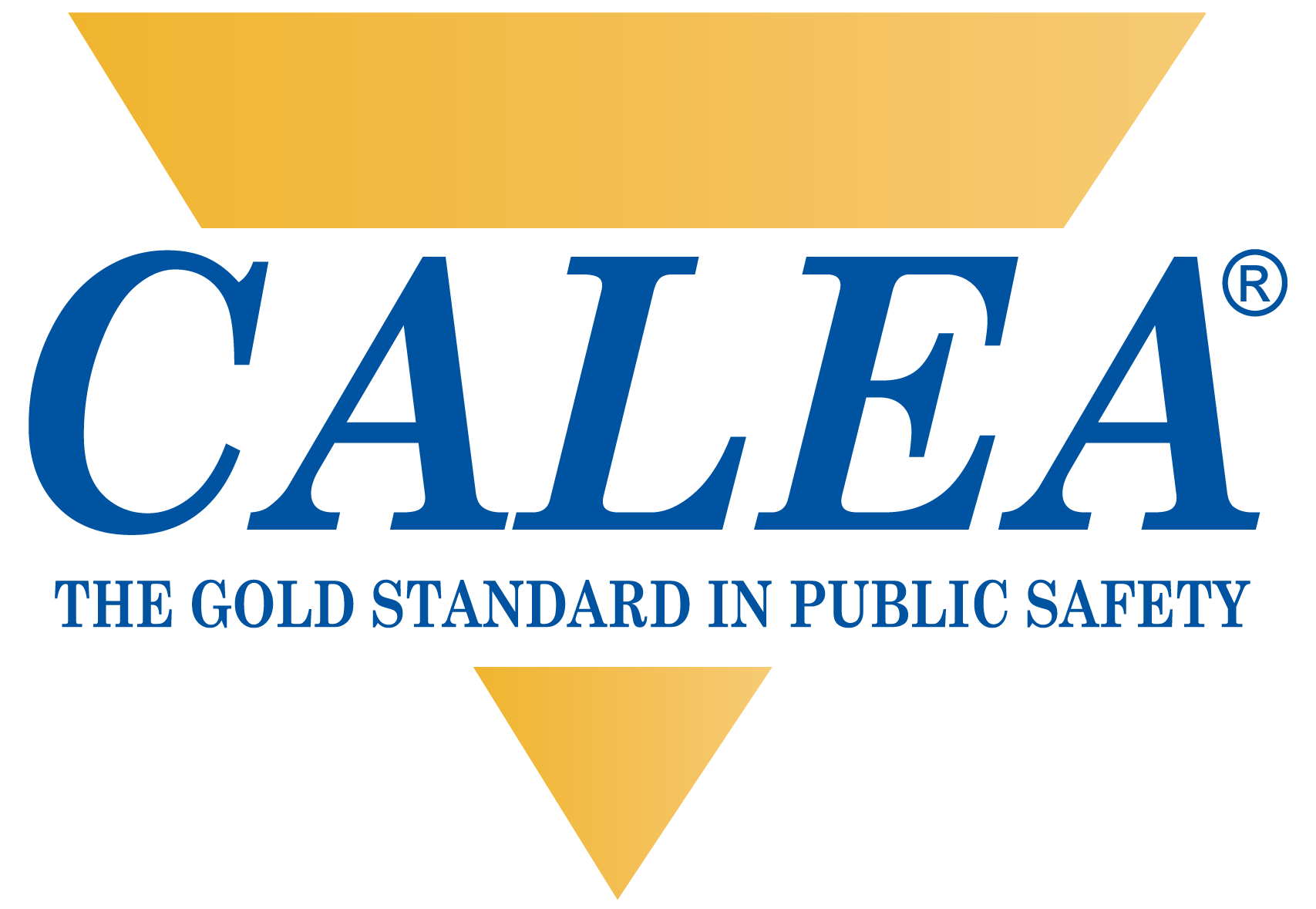Contact Us
To provide feedback on the Community Policing Dispatch, e-mail the editorial board at CPDispatch@usdoj.gov.
To obtain details on COPS Office programs, publications, and resources, contact the COPS Office Response Center at 800-421-6770 or AskCopsRC@usdoj.gov

U.S. Department of Justice
Office of Community Oriented Policing Services
Washington, DC 20530

Accreditation by the Commission on Accreditation for Law Enforcement Agencies (CALEA) has long been considered the gold standard in the field. CALEA accreditation ensures best practice policies and procedures are in place and validates that the agency is adhering to them. As a police chief of a smaller police department, I have long viewed CALEA standards as the Betty Crocker cookbook for managing a police department: They provide clearly defined practices with predictable outcomes.
In the aftermath of George Floyd’s murder, a thousand miles away, the Durham, New Hampshire, community was asking legitimate questions about its police department and how it conducted business. As the department—of which I was Chief of Police at the time—collected reports for our response, I recalled how a few years earlier, as the newly appointed chief, I had recognized that the CALEA standards would provide a strategy to instill modern law enforcement management tools into the department without debate or finger-pointing. As I sought to gain financial support from the Durham Town Council in those years, I had observed that few parents would want to send their children—or their money—to a nonaccredited educational institution, nor admit one of their loved ones to a nonaccredited hospital. CALEA accreditation functions the same way for law enforcement: It ensures that a police agency, which has the ability to arrest, detain, and interrogate people, as well as the power to use deadly force, can demonstrate its adherence to proven standards.
 Because the Durham Police Department obtained CALEA accreditation, we were later able to provide a report in response to community questions, analyzing all force used in response to resistance for the past 15 years. We were able to affirm that chokeholds had been prohibited by policy and that duty-to-intervene procedures had been in place for years. We could show that our early-warning system procedures were supported by a recent OJP research brief demonstrating that in any police department, a small percentage of officers are responsible for a disproportionate share of citizen complaints; with policies requiring the department to identify these officers, intervene with them, and monitor their subsequent performance, an agency can mitigate their risk for unethical or illegal behavior.
Because the Durham Police Department obtained CALEA accreditation, we were later able to provide a report in response to community questions, analyzing all force used in response to resistance for the past 15 years. We were able to affirm that chokeholds had been prohibited by policy and that duty-to-intervene procedures had been in place for years. We could show that our early-warning system procedures were supported by a recent OJP research brief demonstrating that in any police department, a small percentage of officers are responsible for a disproportionate share of citizen complaints; with policies requiring the department to identify these officers, intervene with them, and monitor their subsequent performance, an agency can mitigate their risk for unethical or illegal behavior.
According to a BJS study, there are more than 15,000 general-purpose law enforcement agencies in the United States, with more than 75 percent having fewer than 25 sworn members. CALEA classes these as A-sized agencies. According to CALEA, there are 52 A-sized agencies either accredited or in the process of becoming accredited in the United States as of this writing. While achieving and maintaining accredited status requires significant organizational commitment, in this current policing environment it is critical to assure your community, your governing body, and your insurance carrier that your small agency is adhering to best practices. Managing smaller agencies with significantly reduced resources does not provide us with an excuse not to embrace best practices.
While CALEA accreditation certainly involves commitment from the law enforcement executive and the governing body to accomplish the myriad of tasks required, smaller agencies often do not perform all the functions that our larger counterparts may; if an agency is not responsible for a particular function, such as court security or jail services, CALEA deems those standards “Not applicable (N/A) by function.” CALEA codes many standards N/A for smaller agencies, such as the requirement for a written directive governing the department’s selective traffic enforcement activities. In addition, numerous standards dealing with life, health, safety, or legal issues may not be deemed essential law enforcement requirements for a smaller agency and are coded as “other than mandatory,” which allows agencies to comply with 80 percent of these standards. Ultimately, these provisions provide a measure of flexibility for smaller agencies, allowing them to achieve accredited status without being required to comply with all 458 current standards and so making accreditation more achievable.
 Smaller agencies have long been resourceful at getting the job done. Seeking accreditation offers opportunities to engage creative solutions. Every region of the county has a Police Accreditation Coalition (PAC) that will provide both moral support and a number of policies that can be adapted to meet the unique circumstances of your smaller agency. Working collaboratively with a local college or an officer assigned to light duty may provide the smaller agency chief unexpected resources. Ultimately, most agencies can achieve accreditation in eighteen months to three years.
Smaller agencies have long been resourceful at getting the job done. Seeking accreditation offers opportunities to engage creative solutions. Every region of the county has a Police Accreditation Coalition (PAC) that will provide both moral support and a number of policies that can be adapted to meet the unique circumstances of your smaller agency. Working collaboratively with a local college or an officer assigned to light duty may provide the smaller agency chief unexpected resources. Ultimately, most agencies can achieve accreditation in eighteen months to three years.
While there are costs associated with CALEA accreditation, they can be viewed as minimal when compared to the benefits and potential cost savings of adhering to best practices. The primary benefits of CALEA accreditation are numerous, starting with controlled liability insurance costs—and as chiefs, we should strive to ensure our agencies are prepared to prevail in any litigation, if we cannot prevent it. Accreditation also comes with a number of administrative improvements, such as being able to immediately provide an array of reports, analysis, and best practice policies when asked—as we saw in Durham. Providing guidance to and receiving greater accountability from supervisors facilitates an agency’s pursuit of professional excellence. Building community trust, accountability, and legitimacy, all while being transparent about how we deliver services to our community, embraces the concepts of 21st-century policing.
Dave Kurz
Interim Police Administrator
Swampscott (Massachusetts) Police Department
Subscribe to Email Updates
To sign up for monthly updates or to access your subscriber preferences, please enter your email address in the Subscribe box.






